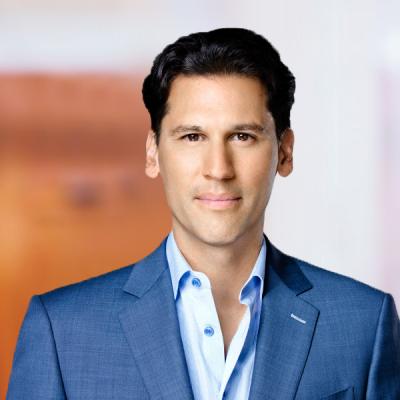Fourth Circuit Strikes Down Federal Debt-Collection Exemption to the TCPA
According to the Fourth Circuit, the Telephone Consumer Protection Act (TCPA) no longer exempts debt collection calls relating to debts owed to the federal government. See American Association of Political Consultants, Inc., et al. v. FCC, 18-1588 (4th Cir.). The Fourth Circuit’s decision reversed and remanded the case back to the lower court. The exemption at issue was created in 2015 by a legislative amendment to the TCPA, and it exempts automated calls that relate to the collection of debts “owed to or guaranteed by the federal government” from the TCPA’s ban on automated calls to cells phones. The impact of this decision will have immediate ramifications on debt collection practices in Maryland, Virginia, West Virginia, North Carolina, and South Carolina. Going forward, if the decision is appealed to and heard by the United States Supreme Court, there may be nationwide implications. The decision may also inform the Federal Communications Commission as it prepares its highly anticipated overhaul of the TCPA in response to recent federal court decisions such as ACA International v. FCC that are chipping away at parts of the FCC’s July 2015 Omnibus Declaratory Ruling and Order on the TCPA.
The American Association of Political Consultants and three other groups that regularly engage in political activities challenged the exemption. The groups argued that the debt-collection exemption contravenes their free speech rights by permitting commercial debt collection calls while prohibiting the political polling calls they make – calls that are protected under the First Amendment. The Fourth Circuit agreed, finding the TCPA exemption to be fatally underinclusive, meaning the exemption covered too little speech and did not apply equally to different speakers. The Court provided two reasons: “First, by authorizing many of the intrusive calls that the automated call ban was enacted to prohibit, the debt-collection exemption subverts the privacy protections underlying the ban. Second, the impact of the exemption deviates from the purpose of the automated call ban and, as such, it is an outlier among the other statutory exemptions.”
The Court also found that the TCPA’s exemption was a content-based restriction on free speech that did not satisfy strict scrutiny review and therefore violated the Free Speech Clause of the First Amendment. Under the exemption, third parties were able to make otherwise prohibited calls to millions of debtors, and therefore the carve-out was not narrowly tailored when assessed in context.
Plaintiffs had made a broader argument that the free speech infirmity of the debt-collection exemption is not severable from the TCPA automated call ban, which would have meant that the entire robocall prohibition was unconstitutional. The Fourth Circuit denied this request and only severed the narrow exemption while leaving the remainder of the TCPA intact. This remedy is consistent with the explicit directives of the “Supreme Court and Congress [that] strongly support a severance of the debt-collection exemption from the automated call ban,” the three-judge panel found.
Authors
Joshua Briones
Member / Managing Member, Los Angeles Office
Russell H. Fox
Member



